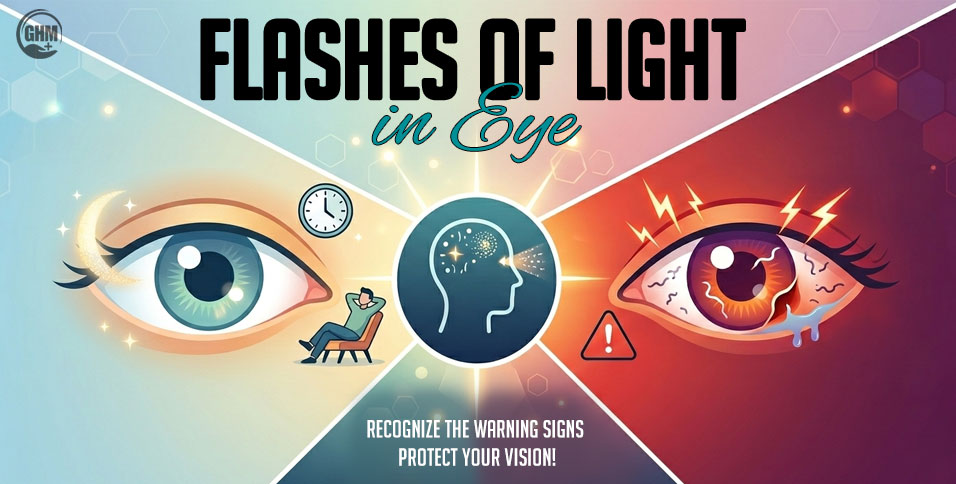Depression is not something that simply disappears with time. Hoping it will “heal on its own” often delays care and may allow harmful patterns to develop. When depression lingers or grows into chronic struggles, it can affect not just your partner but also the strength of your relationship. Left unaddressed, it may lead to isolation, strained communication, or unhealthy coping habits that make recovery harder.
So, if your partner is going through depression and you don’t know what to do, this article is for you. It offers effective steps to help you support your partner and protect your relationship.
1. Recognize the Signs Early
Depression does not always show itself in obvious ways. Sometimes, it looks like constant tiredness, a lack of interest in favorite activities, or withdrawing from social interactions. Other times, it shows up as irritability, sudden changes in eating habits, or neglecting responsibilities. Recognizing these patterns early helps you step in with understanding rather than waiting for the situation to escalate.
When you notice these signs in your partner, it’s important to approach them gently. Instead of pointing out flaws or criticizing their behavior, focus on expressing concern. Simple statements like, “I’ve noticed you seem more tired lately, how are you feeling?” open the door for meaningful conversation.
2. Address Substance Abuse Head-On
Depression sometimes pushes people toward alcohol or drugs as a way to escape painful feelings. This can quickly create a cycle where substance use worsens mental health, making recovery harder for both your partner and your relationship. Instead of hoping that this problem will just go away with time, address it with honesty and care.
In some cases, professional help becomes the most reliable solution. For residential rehab seekers, structured programs offer an environment where therapy, medical support, and accountability come together. Residential rehab is particularly useful because it removes the partner from daily triggers while providing round-the-clock care. It doesn’t simply focus on overcoming addiction – it also addresses the underlying depression that may have contributed to it. By encouraging this step, you are showing that recovery is possible and that your partner doesn’t have to face it alone.
3. Encourage Professional Therapy
While love and support from a partner are powerful, depression often requires professional treatment. Therapists and counselors provide tools to manage symptoms and explore the root causes of depression in ways that friends and family cannot. Your partner might be reluctant to seek therapy – that’s where you step in. Encourage them. The key is to suggest therapy in a supportive manner. Instead of saying, “You need help,” frame it as, “Talking to someone might make things feel lighter for you.” Offer to help research therapists, attend the first appointment for support, or adjust your schedule so they feel less alone in making this commitment.
4. Be a Patient Listener
One of the simplest yet most powerful things you can do is listen. Many people with depression feel misunderstood or dismissed, which can make them shut down further. Being a patient listener means allowing your partner to share their thoughts without jumping in with solutions or judgments. Sometimes, what they need most is the comfort of being heard.
This doesn’t mean you must absorb every difficult feeling without limits, but it does mean giving space for open expression. Nods, eye contact, and gentle affirmations show you are truly engaged. By listening patiently, you show your partner they are valued, and you reinforce that your relationship is a safe and supportive space.
5. Establish Healthy Routines Together
Depression often disrupts daily life, making even simple tasks feel taxing. Establishing healthy routines together can help bring structure and stability. This may include setting regular meal times, going for walks together, or creating consistent sleep schedules. Doing these activities side by side creates accountability and gives your partner the motivation they may struggle to find on their own.
Healthy routines also reduce stress. Something as small as cooking together, setting aside screen-free time, or scheduling outdoor activities on weekends can lift moods and restore a sense of normalcy.
6. Avoid Taking It Personally
When your partner is struggling with depression, it can be easy to assume their behavior reflects their feelings toward you. They may seem distant, irritable, or uninterested in things you do together. This can feel hurtful, but it’s important to remember that depression often distorts emotions and actions. Their withdrawal or frustration is not necessarily about you or your relationship.
Remind yourself that depression changes how people respond to the world. Create mental space between their symptoms and your sense of self-worth. When you don’t take it personally, you allow compassion to take priority over resentment, which keeps your connection stronger even during difficult times.
7. Set Boundaries for Your Own Well-Being
Supporting someone with depression can become emotionally draining if you neglect your own needs. It’s common for partners to focus entirely on their loved one while ignoring their own stress, sleep, or mental health. Without boundaries, this can lead to burnout and frustration.
Setting healthy limits doesn’t mean pulling away; it means recognizing your limits and protecting your well-being. This may include saying no when you’re exhausted, asking for help from family or friends, or taking time to recharge with activities you enjoy. By maintaining your own strength, you are better able to provide steady, loving support in the long run.
8. Offer Practical Help, Not Just Emotional Support
Emotional support is essential, but daily responsibilities can feel impossible for someone battling depression. Offering practical help makes a real difference. This could be helping with chores, driving them to appointments, cooking meals, or managing small tasks they may feel too weighed down to handle.
The goal is not to take over their life but to ease their stress. Over time, these small contributions can help your partner feel less overwhelmed and more capable of managing their day-to-day life.
Emerge Stronger Than Ever!
When you walk through depression alongside your partner, you’re not only helping them heal but also reshaping the way you both face challenges. This journey pushes you to strengthen patience, deepen empathy, and value the moments of connection that might otherwise be overlooked.
Rather than seeing depression only as a hardship, consider it a chance to grow together in ways you might not have expected. Each small step forward is proof that with love, patience, and commitment, couples can emerge stronger, not just in the face of depression but in every aspect of life that follows.













